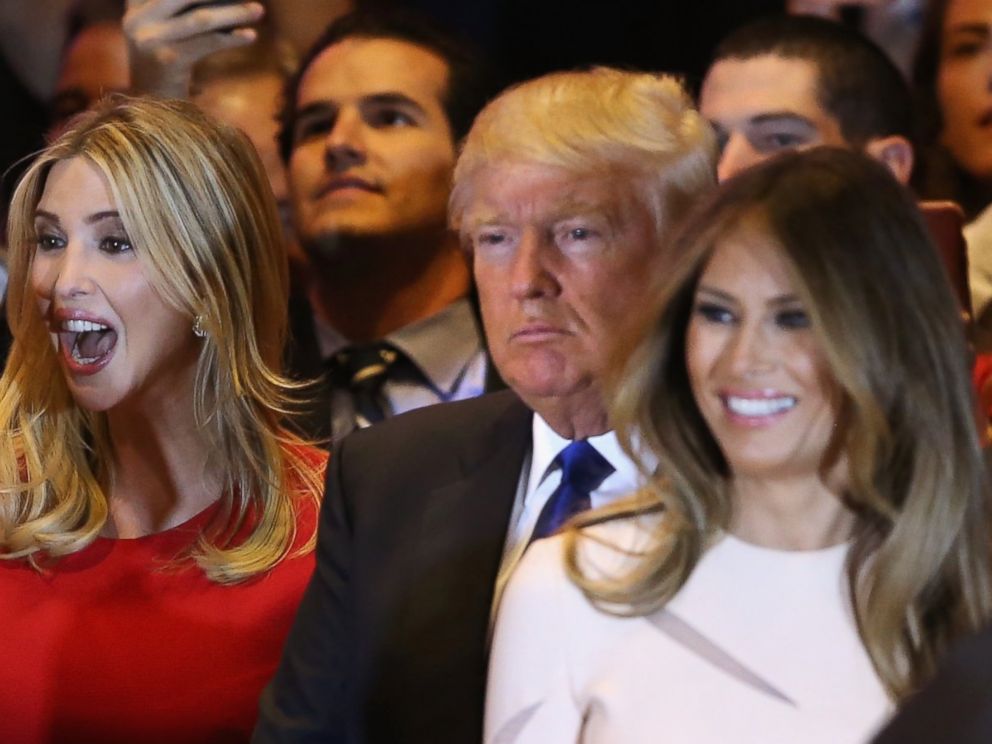The Real Magic Number That Donald Trump Needs to Hit Is Likely Lower Than 1,237
Experts weigh in on the delegate count needed for the GOP nomination.
— -- The magic number for Republican presidential hopefuls to clinch the party's nomination is officially 1,237 but now there is speculation that, in practice, it might actually be a bit lower.
The number of delegates required to secure the nomination is technically the simple majority of delegates -- 1,237 -- but after Donald Trump's decisive win in the New York primary Tuesday night, there is some talk that he won't need as many to essentially secure his spot.
Experts differ on how low that hypothetical number could go.
"If he gets 1,150 [delegates], then I think he can get the unbound delegates on his side," ABC News political analyst Matthew Dowd said on "Good Morning America" today.
James Campbell, a professor of political science at the University at Buffalo, was slightly more conservative with his estimate, noting how any guesses are "quite speculative."
"My guess is the tipping point is about 1,175 to 1,200, but this is a guess," Campbell said. "So much depends on the number of unbound delegates and their willingness to support Trump."
Republican delegates are classified as either being bound to a candidate or unbound, where they don’t have to formally declare their support for a particular candidate until the convention.
ABC News' delegate calculations determined that it is not mathematically possible for either Sen. Ted Cruz or Gov. John Kasich to accrue 1,237 delegates before the GOP convention. That means that the more support Trump gains, the stronger his case will be by the time he gets to Cleveland for the convention.

"I don't know if there's a different magic number exactly but I do know the closer he gets to 1,237 and doesn't reach it, the better his odds are," Georgetown University Associate Professor Hans Noel told ABC News.
Conventions are broken into ballot sessions, so they take a tally of votes, called the “first ballot,” and if no candidate reaches 1,237 delegates at that point, it rolls on to a second ballot, when some of the delegates who were bound to vote for a certain person on the first ballot are freed up to vote for whoever they want on the second ballot.
"After the first vote, things really shift around and different delegates shift in different ways, and he could pick up delegates as easily as his delegates could abandon him," Noel said. "There are probably some people who are there who could be persuaded to switch to vote for Trump themselves, so he's still in the closest to majority position."
As for Trump himself, he seems to believe the race is now his.
"We don't have much of a race anymore," Trump said at his victory party Tuesday night, before going through his leads against Cruz and Kasich.
"We're really, really rocking," he said.




